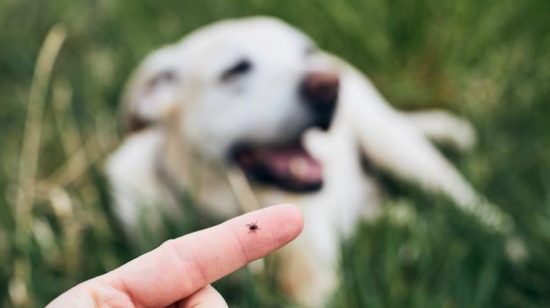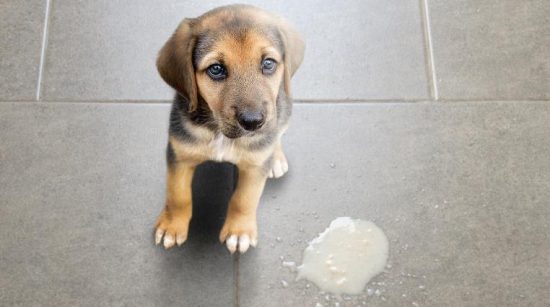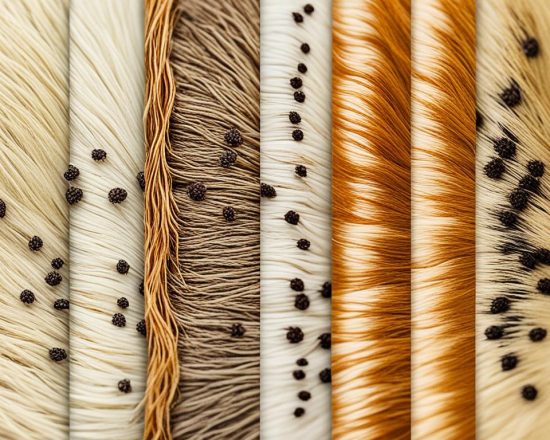Can You Feed Corn to Dogs? Answering Common Concerns for Pet Owners
Discover if your furry friend can safely enjoy corn. Read our in-depth guide to understand the dos and don’ts of feeding corn to dogs.
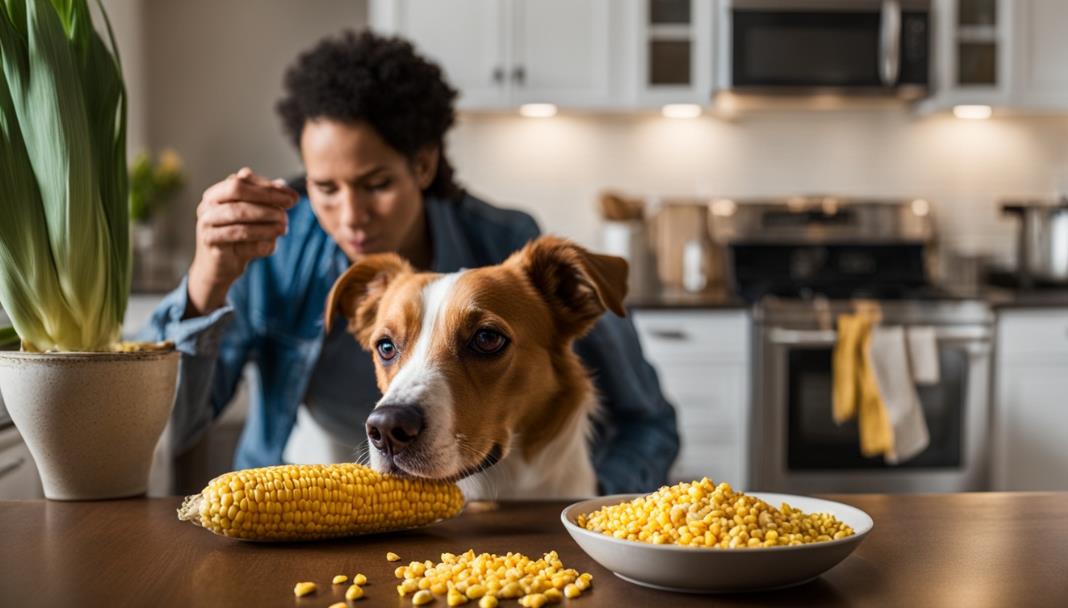
Did you know that corn is one of the most controversial ingredients in a dog’s diet? Many pet owners are unsure whether it is safe to feed corn to their beloved furry friends. In this comprehensive guide, we will address common concerns and answer important questions about including corn in your dog’s meals.
From the potential benefits of corn to the risks it may pose, we will provide you with a well-rounded understanding of this contentious ingredient. We will also guide you through the proper preparation of corn for dogs and offer alternative non-toxic snacks for your pet’s enjoyment. So, if you’ve ever wondered can dogs eat corn, how to safely incorporate corn into their diet, or if there are any concerns you should be aware of, keep reading. We’ve got you covered.
Overview: The Safety of Corn in a Dog’s Diet
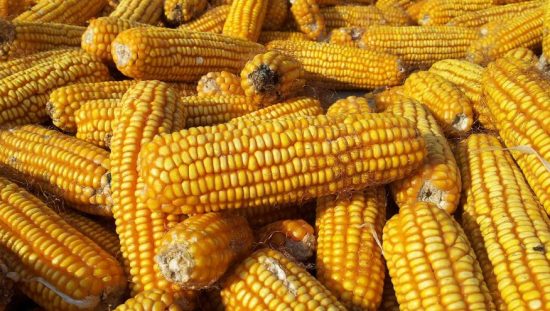
Corn is a commonly used ingredient in dog food and treats due to its availability and nutritional benefits. It is a good source of carbohydrates, fiber, and essential nutrients that contribute to a balanced diet for dogs. However, there are some concerns and potential risks that pet owners should be aware of.
When it comes to the safety of corn for dogs, the key lies in the preparation and moderation. It is crucial to ensure that the corn is cooked thoroughly to increase its digestibility and prevent any potential digestive issues. Additionally, it is important to avoid seasoning the corn with any harmful ingredients or additives that can be toxic to dogs. While corn is generally safe for dogs to consume, it is essential to consider the individual needs and sensitivities of your furry friend. Just like with any other food, it is recommended to introduce corn gradually into your dog’s diet and monitor for any adverse reactions or allergies.
Can Dogs Eat Cooked Corn? Understanding the Preparation
Boiled corn can be a safe and enjoyable treat for dogs. When corn is boiled, it becomes soft and easier for dogs to digest. Boiling also helps to remove any bacteria or dirt that may be present on the corn kernels. To prepare boiled corn for your dog, simply remove the husk and silk, and boil the corn in water until it is tender. Allow the corn to cool before serving it to your dog as a treat.
Seasonings and Additives: What to Avoid
While plain boiled corn is generally safe and healthy for dogs, it’s important to avoid certain seasonings and additives that can be harmful to their health. Some common seasonings like salt, butter, and garlic can be toxic to dogs and may lead to digestive issues or even poisoning. It’s best to serve corn to your dog plain, without any seasonings or additives.
Additionally, it’s crucial to avoid using any corn products that contain artificial flavors, preservatives, or sweeteners. These additives can be harmful to dogs and may cause allergic reactions or digestive upset. Stick to serving plain, cooked corn to ensure the safety and well-being of your furry friend.
Why You Should Avoid Corn in Dog Food: Unveiling the Myths
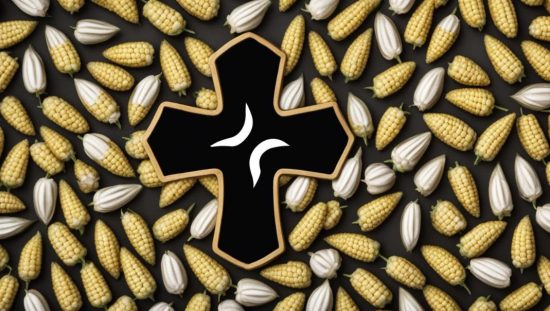
Your dog’s diet plays a crucial role in their overall health and well-being. As a responsible pet owner, it’s important to understand the myths surrounding corn in dog food and make informed decisions regarding their nutrition.
Myth: Corn is just a filler ingredient with no nutritional value. Some people believe that corn is a cheap filler used in dog food that provides no significant nutritional benefits. However, this is a misconception. In reality, corn is a valuable source of essential nutrients such as carbohydrates, protein, and fiber. It can contribute to a balanced diet for your furry friend.
Myth: Corn is a common allergen for dogs. While it is true that some dogs may have corn allergies or sensitivities, it is not a prevalent issue for all dogs. Allergies vary from one dog to another, and corn allergies are relatively rare. If your dog has specific dietary restrictions or sensitivities, consulting with your veterinarian is always recommended.
Myth: Corn is difficult for dogs to digest. Dogs have a well-developed digestive system that allows them to process a wide range of foods, including corn. When properly cooked and prepared, corn is generally digestible for dogs. However, it’s important to note that individual dogs may have different sensitivities, and moderation is key when introducing any new food into their diet.
| Myth | Fact |
|---|---|
| Corn is just a filler ingredient with no nutritional value. | Corn is a valuable source of carbohydrates, protein, and fiber. |
| Corn is a common allergen for dogs. | Corn allergies are relatively rare and vary between dogs. |
| Corn is difficult for dogs to digest. | Corn can be digestible for dogs when properly cooked and prepared. |
Nutritional Perspective: Does Corn Offer Benefits for Dogs?
Explore the nutritional aspects of corn for dogs and discuss the benefits it can offer to their overall health and well-being. Corn is not just a tasty treat for dogs; it can also provide essential nutrients that contribute to their diet.
Protein and Carbohydrates: The Energy Duo
Corn serves as a source of both protein and carbohydrates in a dog’s diet, contributing to their energy requirements and overall nutrition. While not as protein-rich as animal-based sources, corn contains essential amino acids necessary for muscle development and overall health in canines. Moreover, its carbohydrate content provides a steady source of energy, supporting the active lifestyle of dogs. Balancing corn with other protein sources ensures a well-rounded diet that meets a dog’s nutritional needs, making it a valuable component when formulated appropriately in their diet.
Antioxidants and Their Role in Canine Health
Corn contains antioxidants such as beta-carotene and lutein, which play crucial roles in supporting canine health. These antioxidants help combat oxidative stress and reduce the risk of chronic diseases by neutralizing harmful free radicals in a dog’s body. Additionally, they support vision health, skin and coat condition, and overall immune function in canines. Incorporating corn into a dog’s diet as part of a balanced and varied nutrition plan can contribute to their overall well-being by providing essential antioxidants that promote optimal health and longevity.
Understanding the Fiber Content in Corn
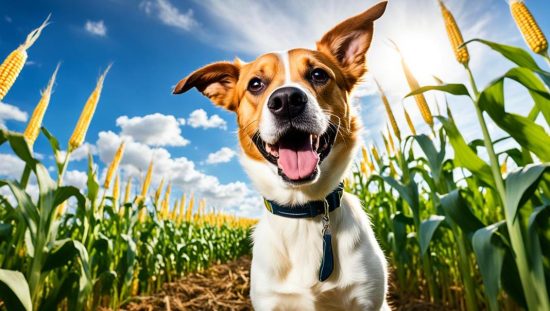
Corn is a good source of dietary fiber, which plays several vital roles in a dog’s digestive health and overall well-being. The fiber content in corn aids in promoting regular bowel movements and preventing constipation in dogs. Additionally, it supports the growth of beneficial gut bacteria, which contribute to a healthy digestive system and immune function. While dogs can digest moderate amounts of corn fiber, excessive intake may lead to gastrointestinal upset. Therefore, it’s essential to monitor the quantity of corn and balance it with other fiber sources in a dog’s diet to maintain digestive health and ensure optimal nutrient absorption.
| Nutrient | Amount per 100g of Corn |
|---|---|
| Protein | 9g |
| Carbohydrates | 74g |
| Fiber | 7g |
| Antioxidants | Varying amounts |
Can Dogs Eat Corn on the Cob? Addressing the Dangers
While corn may seem like a tasty treat for dogs, feeding them corn on the cob can pose serious dangers to their health. It’s important to be aware of the potential hazards to keep your furry friend safe and healthy.
One of the main dangers of dogs eating corn on the cob is the risk of choking. The cob can easily get lodged in their throat, causing a life-threatening situation. Dogs have narrower airways compared to humans, making them more susceptible to choking hazards. To avoid this, it’s crucial to prevent your dog from gnawing on corn cobs or consuming them entirely.
In addition to the risk of choking, ingesting corn cobs can lead to intestinal blockages in dogs. Dogs’ digestive systems are not designed to break down and pass large, indigestible objects like corn cobs. This can result in severe discomfort, vomiting, and even surgical intervention to remove the obstruction.
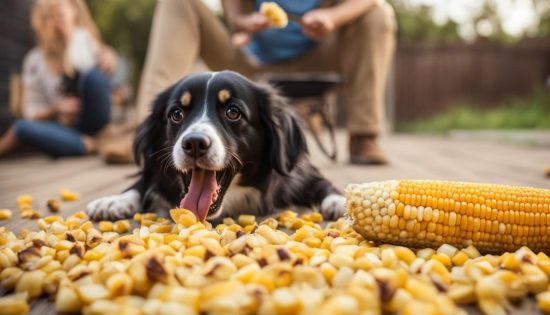
Preventing accidents involving corn cobs is essential for the well-being of your dog. Make sure to dispose of any corn cobs properly, ensuring that they are out of your dog’s reach. If you have a backyard where corn is being consumed, be diligent in cleaning up any leftover corn cobs to prevent your dog from finding and ingesting them.
When feeding corn to your dog, always remove the kernels from the cob and serve them separately. This way, you can safely provide the nutritional benefits of corn without exposing your dog to the dangers associated with the cob. Remember, the health and safety of your furry friend should always come first. By understanding the hazards of dogs eating corn on the cob and taking preventative measures, you can ensure that your dog stays happy and healthy.
Differentiating Digestibility: Cooked vs. Raw Corn
When it comes to the digestibility of corn for dogs, there is a difference between cooked and raw corn. Cooked corn is generally easier for dogs to digest compared to raw corn. The cooking process breaks down the tough outer hull of the corn, making it more accessible for a dog’s digestive system.
Raw corn, on the other hand, contains cellulose fiber that is harder for dogs to break down. This can lead to some dogs having a harder time digesting raw corn compared to the cooked variety. It is important to note that each dog’s digestive system is unique, and some may tolerate raw corn better than others.
Responding to Emergencies: What Happens If a Dog Eats a Piece of Corn Cob?
Ingesting a piece of corn cob can pose serious dangers to dogs. It is crucial for pet owners to be aware of the symptoms of intestinal blockage and know how to respond in such emergencies. If you suspect that your dog has eaten a corn cob, it is important to take immediate action to prevent complications. Recognizing the symptoms of intestinal blockage is essential in determining if your dog has ingested a piece of corn cob. Watch out for the following signs:
- Vomiting
- Loss of appetite
- Lethargy
- Abdominal pain or discomfort
- Behavioral changes
If your dog exhibits any of these symptoms, it is vital to seek immediate veterinary attention.
Immediate Actions and Seeking Veterinary Help
If you suspect your dog has ingested a corn cob, take the following immediate actions:
- Unlike other foreign objects, corn cobs can cause further harm if vomited back up.
- Call your veterinarian to explain the situation and follow their guidance.
- If your dog shows severe symptoms or is in distress, do not hesitate to take them to the nearest emergency veterinary clinic.
Non-Toxic Snack Alternatives: Can Dogs Eat Popcorn?
When it comes to finding safe and healthy snack alternatives for your furry friend, you may be wondering if dogs can eat popcorn. The good news is that plain, air-popped popcorn can be a non-toxic option for dogs, making it a potential treat for your four-legged companion.
However, it’s important to take some safety considerations into account. First and foremost, make sure that the popcorn is plain and free from any seasonings, butter, salt, or additives. These ingredients can be harmful to dogs and may upset their sensitive stomachs. Stick to plain, air-popped popcorn to keep it safe and healthy for your furry friend. Portion control is also essential. While popcorn can be a tasty snack, it should only be given to dogs in moderation. Too much popcorn can lead to digestive issues or even obesity in some cases. Treat popcorn as an occasional snack and avoid overindulging your dog with it.
If popcorn isn’t your dog’s favorite or if you’re looking for other snack alternatives, there are plenty of healthy options available. Consider offering your dog small pieces of fruits like apple or banana, which are rich in nutrients and low in calories. Carrots and green beans are also great alternatives that can satisfy your dog’s need for crunchiness without the added calories. Remember to always consult with your veterinarian before introducing new foods into your dog’s diet, especially if your dog has any specific dietary needs or health conditions.
FAQs on Can dogs eat corn
Is corn safe for dogs?
The general consensus among veterinarians and nutritionists is that corn is safe for dogs to consume.
What should I avoid when preparing corn for dogs?
When serving corn to dogs, it’s important to avoid seasonings and additives that can be harmful to them, such as salt, butter, and garlic.
Why should I avoid corn in dog food?
Some pet owners choose to avoid corn in dog food due to misconceptions about it being a filler ingredient and concerns about corn allergies. However, corn can provide essential nutrients for dogs.
Does corn offer any nutritional benefits for dogs?
Corn is a good source of protein, carbohydrates, antioxidants, and fiber, which can contribute to a balanced diet for dogs.
Is corn hard for dogs to digest?
Corn is generally not hard for dogs to digest. However, cooking corn can increase its digestibility compared to raw corn.
What should I do if my dog eats a piece of corn cob?
If your dog ingests a piece of corn cob, monitor for symptoms of intestinal blockage and seek immediate veterinary assistance if any signs occur.

